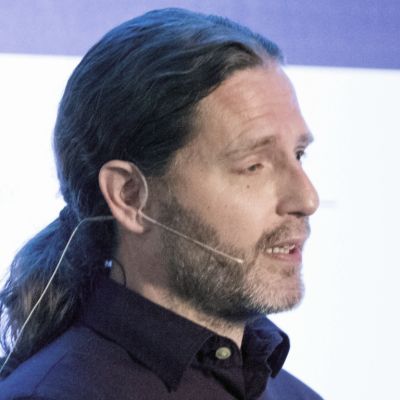Sociotechnical Systems Design for the “Digital Coal Mines”
- Speakers
Trond Hjorteland

- Description
70 years ago, a new approach and methodology called 'sociotechnical' was developed in the British coal mines and years of action research around the world followed to find ways to jointly optimize the technical and social aspects of the work system. This did not just make the organisations perform better, but also made it more adaptable, resilient, and improved the quality of work life for all involved.
The IT industry is struggling to find better ways of working with technology that progresses at an ever-increasing rate and where workers are demanding more participation in the design of both the products and the work itself. The publication of the agile manifesto is regarded as a pivotal moment and although the values and the principles described there seems to have a lot in common with the sociotechnical principles described 25 years earlier, it seems to lack the open systems theory thinking that was developed to manage in this turbulent environment.
In this talk we will take closer look at open sociotechnical systems thinking and compare it to agile, seeing where they overlap and diverge. Maybe methods and theoretical underpinnings developed in social sciences over the years are just what IT organisations need to cope and thrive in the increasingly complex and hazardous “digital coal mines."
- About Trond Hjorteland

Senior Consultant at Scienta.no, an aspiring sociotechnical systems designer.Twitter
Trond is an IT architect and aspiring sociotechnical systems designer from the consulting firm Scienta.no and has many years experience with large, complex, and business critical systems, primarily as a developer and architect on middleware and backend applications. His main interests are service-orientation, domain-driven design, event driven architectures, and sociotechnical systems, working in industries like telecom, media, TV, and public sector. Mantra: Great products emerge from collaborative sensemaking and design.